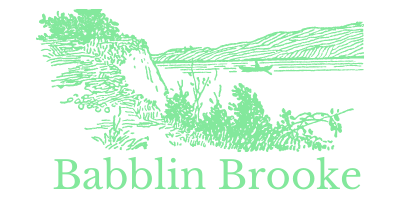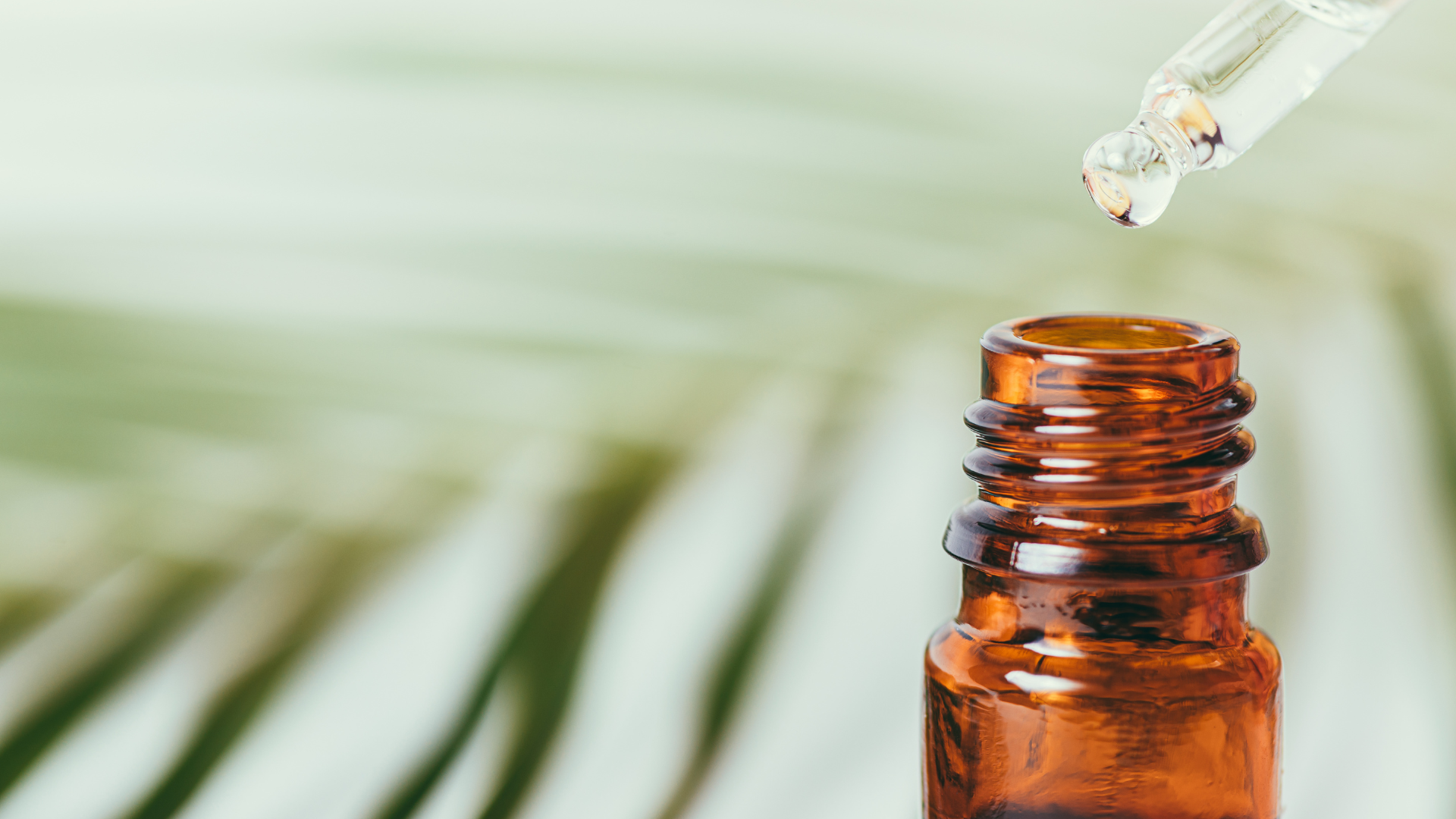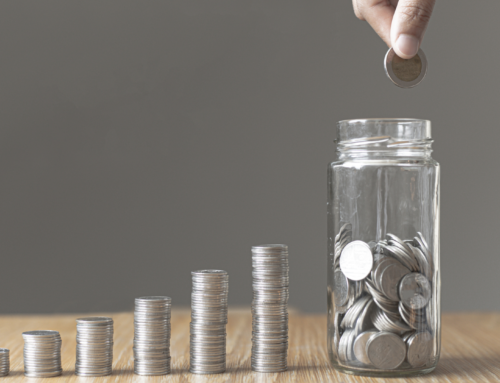Did you know CBD can aid anxiety and even stop seizures?
It’s true! Cannabidiol has been shown to have many medicinal properties, and there are many studies to back it up. A lot of people use Cannabis CBD for its medical benefits.
If you’re interested in CBD, its legality differs depending on where you live, so you can check out our CBD legality guide to know where you can use it.
Keep reading to find out what CBD can do, what the benefits are, how to consume CBD, and when to talk to a doctor.
Health Benefits of CBD
CBD, short for Cannabidiol, is a non-psychoactive compound, found in hemp and cannabis plants, and known for its therapeutic benefits for our overall health and well-being. CBD is being used by thousands of consumers all over the world to find relief from common ailments and medical issues.
A guide to CBD use, benefits, dosages, forms, and legality can help consumers understand the science, effects, use cases, and legal aspects associated with the cannabinoid, to safely and effectively apply it to their personal needs.
Dosage Considerations
When considering the dosage of CBD, it’s important to understand the concept of bioavailability. This term is used to describe how much of the substance is absorbed into the body. To ensure maximum benefits, it’s important to look for CBD products that offer the highest bioavailability.
In addition, the type of CBD product being used (oil, capsules, or isolates) should be in consideration as they may have differing levels of bioavailability.
Understanding Unique Forms
CBD can be consumed in many forms, each with its own set of advantages and disadvantages. More highly concentrated CBD will be available in oil form, while more affordable options are likely found in vaping products. CBD creams and salves are available as topical products which can be applied directly to affected areas.
For those looking for a discreet option, CBD edibles are a brilliant choice. These come in a variety of shapes and flavors, and their effects can be felt quickly, but not as intensely as other forms of CBD. Ultimately, it is up to the individual to determine the best form of CBD to meet their needs.
Potential Legalities of Usage
The potential legalities of CBD usage greatly by country, and even local municipality. In the United States, while a federal law acknowledged CBD labeled as containing less than 0.3% THC as being legal, some state laws still consider it illegal. Depending on the state, CBD may be classified as medical marijuana, legal but non-psychoactive hemp, or illegal.
If sold in food, it must be Generally Recognized As Safe (GRAS) by the FDA. It is also important to be wary of the risk of false claims, as this could land you in legal trouble. Finally, when it occurs to hemp-derived CBD products, it is always important to ensure the product contains less than 0.3% THC and that it was derived from hemp grown in a state where it is legal.
Unlocking the Power of CBD
The ultimate guide to unlocking the power of CBD looks at the uses, benefits, dosages, forms, and legality of this natural, plant-based compound. Derived from the hemp plant, CBD is one of the most studied compounds in the world and has been recommended for a wide range of health issues. It works in the body by interacting with the endocannabinoid system to help restore balance and health.
Studies have also shown that CBD can help relieve anxiety, reduce inflammation, decrease chronic pain, and improve sleep quality. And while the legalities around CBD are still developing, it has been legalized in the United States at the federal level. With proper research and education, individuals can use CBD safely and effectively to improve their overall health and well-being.
Knowing How to Use CBD
To conclude, CBD appears to have a wide range of potential uses and benefits. It is available in different forms and dosages, though quality is key for effects. Be sure to research the legal status in your area too.
Be diligent and do your research, because you never want to break the law. If you’re still unsure about CBD legality, check out the FAQ page on the THC Pandamins website.






Leave A Comment